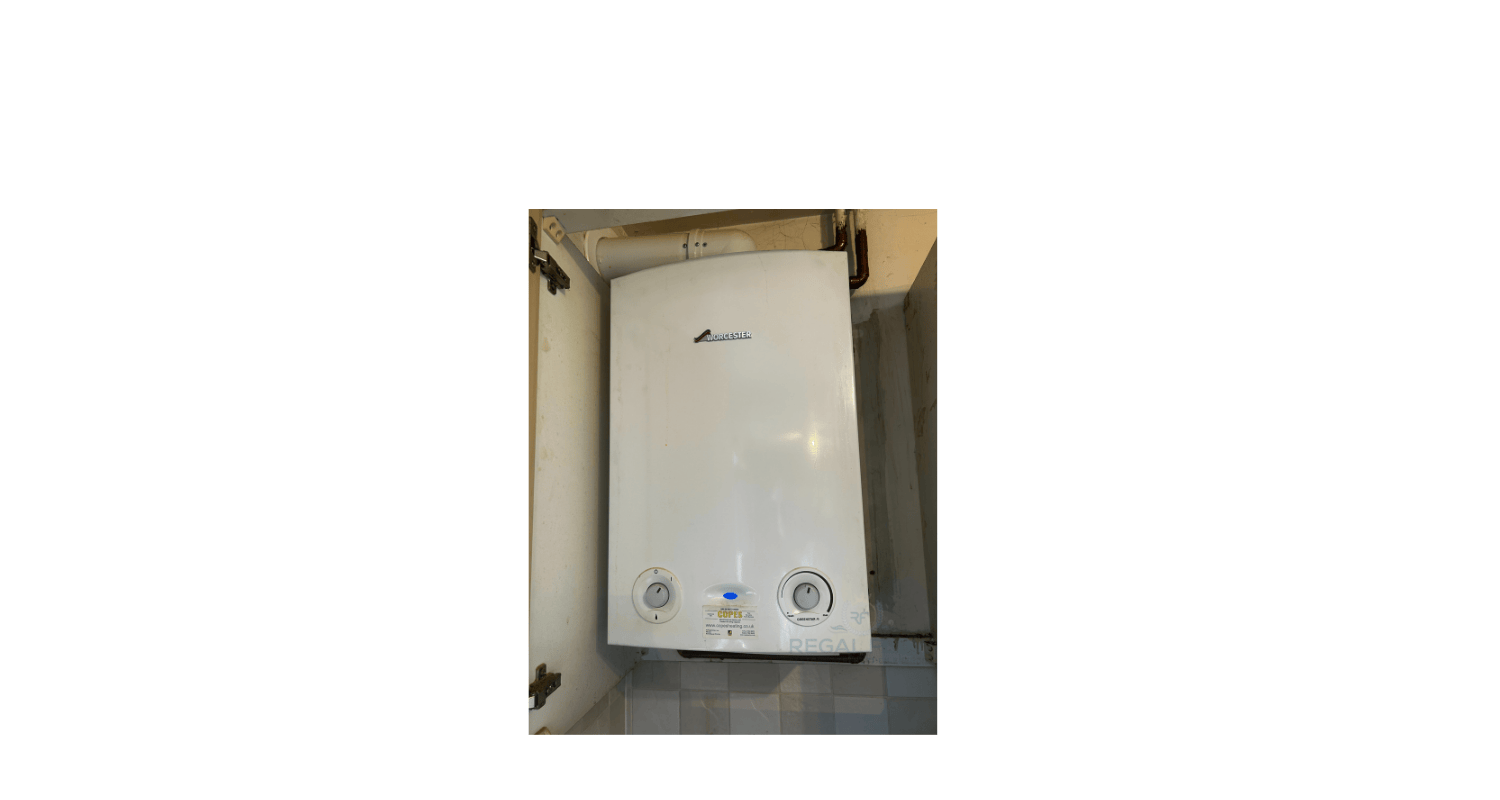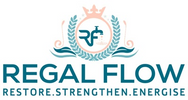
Can I Use a Water Softener with a Combi Boiler?
Tired of your combi boiler throwing a tantrum over hard water? Good news—yes, you can use a Water Softener with it! It helps stop limescale, boosts efficiency, and saves cash. Want to know how water softeners work with a combi boiler? Stick around—we’re just getting warmed up.
Understanding Combi Boilers and Water Softeners
How Combi Boilers Work (Heating Water on Demand)
Combi boilers are the clever all-in-one solution for hot water and heating. You turn on the tap, and voilà—hot water, straight from the mains. No tanks, no cylinders, no fuss. This means you save on space, and you don’t waste energy storing hot water you’re not using. They’ve become the go-to choice for modern British homes, especially those with limited space.
The Role of a Water Softener
Now imagine you’re making a lovely cup of tea—but your kettle is all furred up. That’s hard water for you. A water softener works behind the scenes to remove minerals like calcium and magnesium, the culprits behind limescale. This doesn't just help your kettle—it protects everything from taps to showers to, yes, your beloved boiler. It’s like a spa break for your plumbing.
Compatibility: Using a Water Softener with a Combi Boiler
Yes, They Can Generally Be Used Together
So, can you pair a water softener with a combi boiler? Absolutely. The two can get along just fine—in fact, they often make an excellent team. If you live in a hard water area, your boiler is likely already battling limescale build-up. Adding a water softener is like handing it a set of tools and saying, “Right, now get back to running smoothly.”
Benefits of Combining Them
Preventing Scale Build-up in the Boiler
Limescale is like plaque for your boiler. It clings to the internal components, reduces heat transfer, and makes everything work harder. Softened water stops this build-up before it even starts. It keeps your boiler cleaner, for longer.
Protecting Components and Extending Lifespan
Think of your boiler like a car engine. You wouldn’t run it with dirty oil, would you? Softened water helps protect all the moving parts inside. That means fewer breakdowns, fewer plumber visits, and a longer life for your heating system.
Improved Efficiency
Boilers free from scale don’t just last longer—they also run better. No scale means less effort needed to heat your water. That equals lower energy bills and quicker hot showers. It’s a win-win.
Installation Considerations
Positioning of the Softener in the Water Supply
To get the most out of a softener, it needs to be installed at the point where water enters your home—before it reaches your boiler. This ensures all the water flowing into your heating system is already treated. If you're also using or reverse osmosis drinking system, a bypass can be installed. That way, those appliances get untreated water where needed.
Ensuring Compatibility with Boiler Materials
Most modern combi boilers are perfectly compatible with softened water. Still, it’s worth double-checking your model’s manufacturer guidance. If you’re running an older system, a quick chat with your installer or heating engineer is a smart move. Better safe than sorry, especially when your heating’s involved.
Potential Concerns (and How to Mitigate Them)
Sodium Levels (Usually Not a Significant Issue for Boilers)
Some folks worry about the sodium added during the softening process. But here’s the good news—it’s minimal. The levels of sodium introduced are far too low to cause harm to your boiler or heating components. If you’re still unsure, adding a hard water tap in the kitchen gives you the option of untreated water for cooking or drinking.
Conclusion: Softened Water and Combi Boilers Can Be a Good Combination
Using a water softener with your combi boiler is not only possible—it’s a brilliant idea if you’re fed up with limescale. It’s better for your boiler, better for your bills, and better for your peace of mind. Just make sure the softener is properly installed, ideally by a professional. Choose a system that suits your household needs, and you’ll enjoy warmer showers, fewer repairs, and more efficient heating. In short, it’s a small change with big rewards. Your boiler will thank you. Your wallet probably will too.
More Water Softener info our customers have found helpful
- What is a Water Softener System
- How a Water Softener Works
- The Science Behind Water Softener Ion Exchange
- The Difference Between a Water Softener or Whole House Filtration
- Water Softener vs Reverse Osmosis: How to Choose the Right System
- Water Softener vs Water Conditioner: Pros, Cons, and Which One You Need
- Electric vs Non-Electric Water Softeners
- Water Softener vs Water Filter
- Common Myths About Water Softeners Debunked: The Truth You Need to Know
- Are Magnetic Water Softeners any Good?
- Can Water Be Too Soft from a Water Softener?
- Can You Use an RO System with a Water Softener?
- Can You Use Softened Water in a Central Heating System?


Leave a comment